5 ways to use tea bags in the garden to protect your plants and help them grow
Hold off before you discard the tea bags from your morning cuppa – they can do wonders for your garden

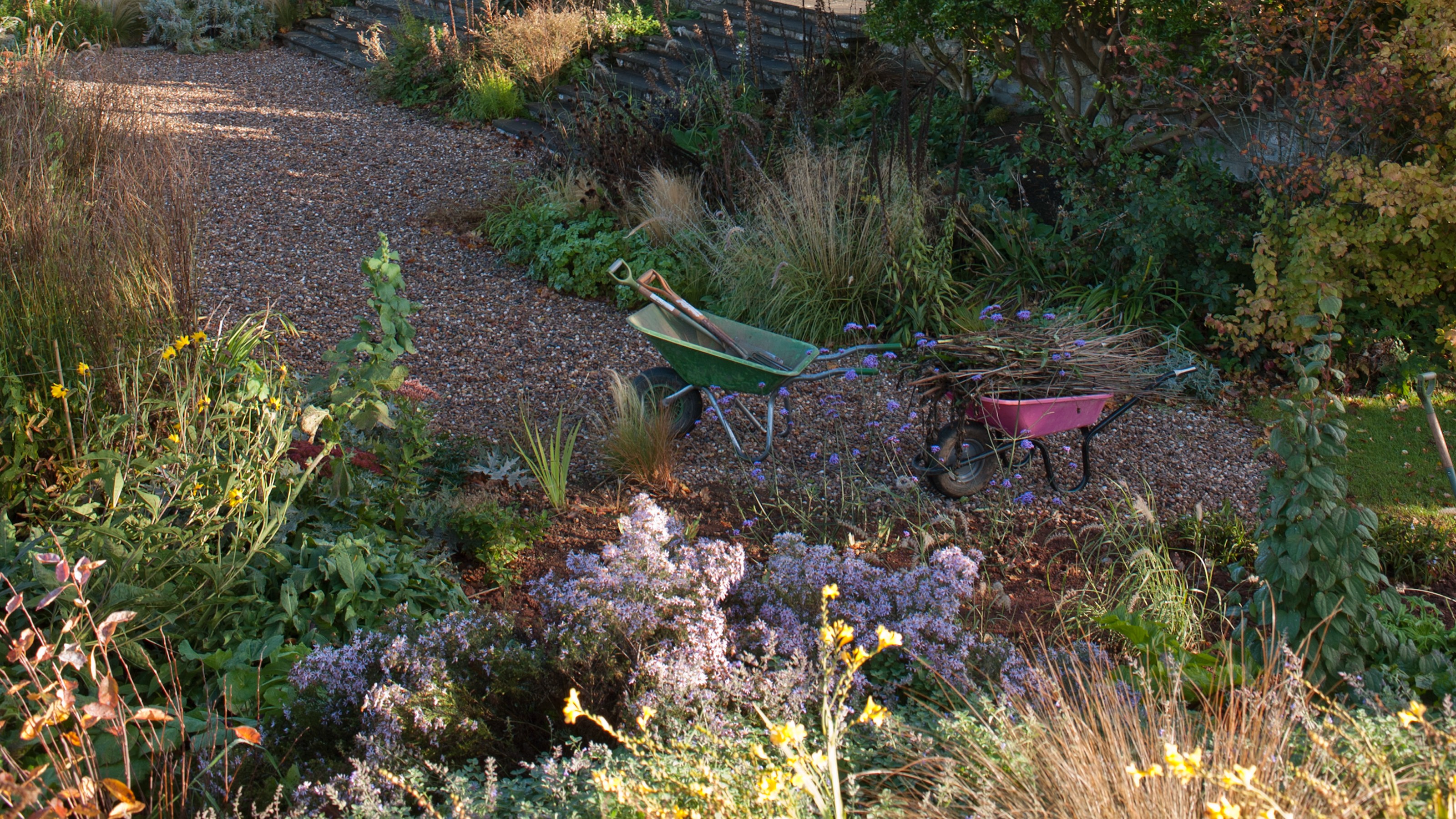
Sign up to our newsletter for style inspiration, real homes, project and garden advice and shopping know-how
You are now subscribed
Your newsletter sign-up was successful
Tea is ingrained in British culture, many of us will happily indulge in at least one cuppa a day, if not more. But while most of us bin our tea bags even before the first sip, there are several ways to use tea bags in the garden and turn them into a useful substance for your plants and more.
The growing sustainability movement has meade repurposing food waste into natural gardening supplies one of the biggest garden trends at the moment. And used tea bags, or in some cases loose-leaf tea as well, are one of those things that can be very useful in the garden, instead of being thrown in the rubbish.
These are the 5 best ways to reuse tea bags in the garden, according to gardening pros.
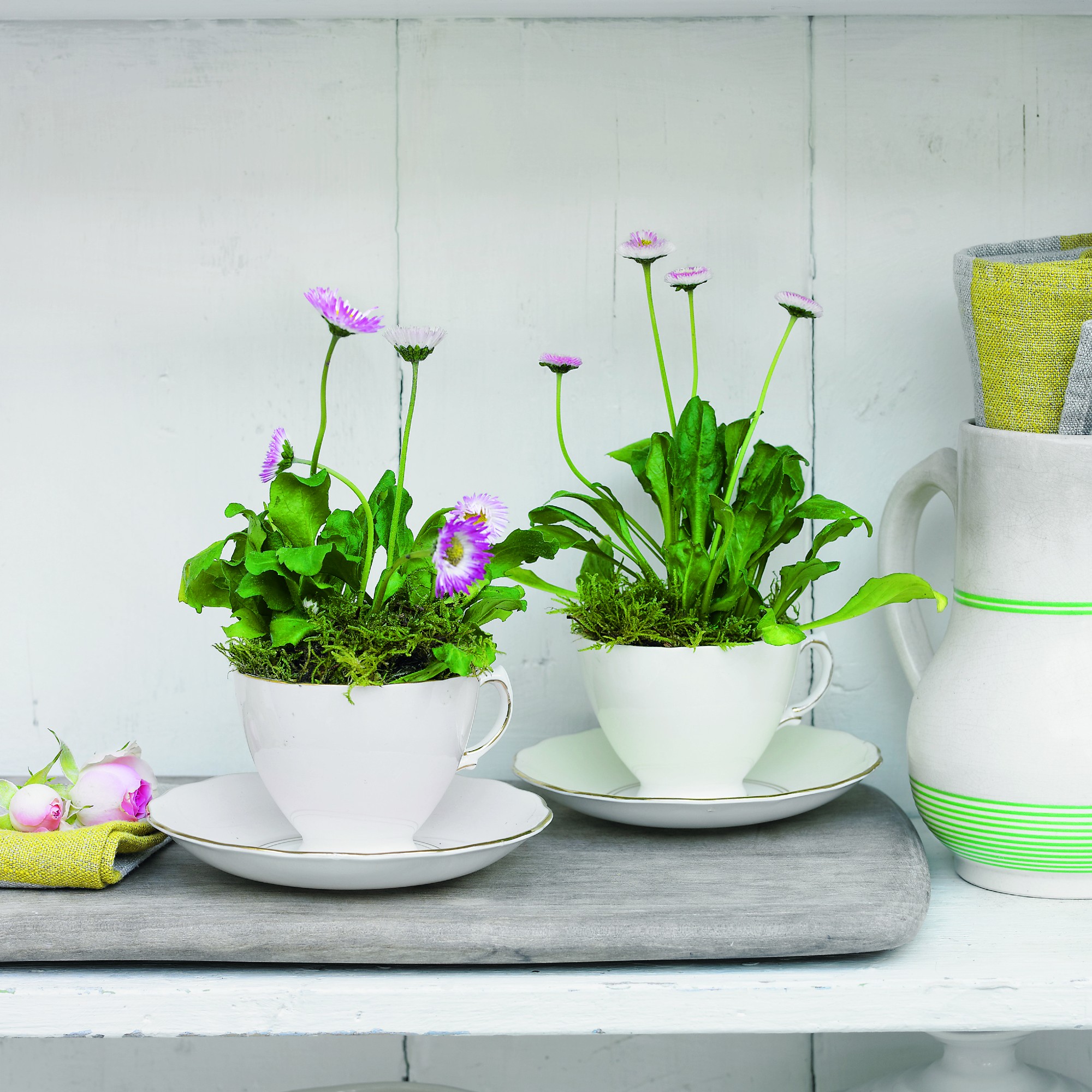
5 ways to use tea bags in the garden
Tea has so many uses, other than consuming it for its delicious taste. There are several ways to clean using tea bags and pouring room-temperature tea is good for plants in winter for protection from the frost. But today, we’re talking about the different uses of tea bags in the garden.
‘There are many ways to reuse tea bags in your garden and this is a great eco-friendly practice that can help gardeners reduce the overall waste of their household,’ says Petar Ivanov, Fantastic Gardeners' gardening expert.

Petar Ivanov is one of the company's top-performing experts and manages over six teams of gardeners, delivering stunning landscape results and fostering a deep connection with nature through his work.
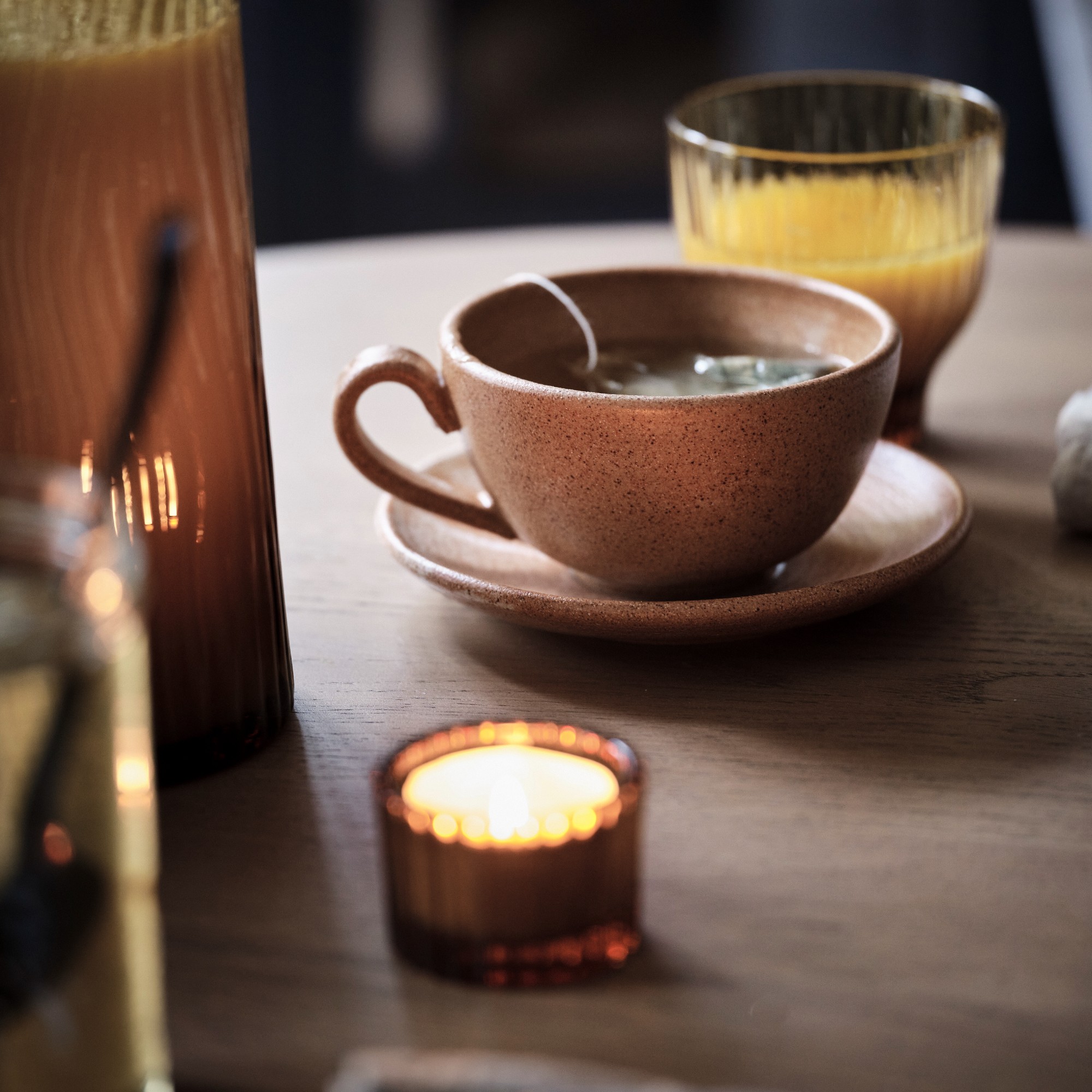
1. Add to compost
Like with using coffee grounds in the garden, tea bags are ideal for adding to garden compost.
‘Used tea bags actually speed up the breaking down process of other things in your compost bin, as long as the bag is biodegradable,’ says Steve Chilton, garden expert at LeisureBench. ‘If it isn't, then you can cut open the bag and pour the used tea leaves into your compost which should do the trick. This is a great way to reduce waste.’
Sign up to our newsletter for style inspiration, real homes, project and garden advice and shopping know-how
It would make an especially lasting impact in large-family homes or offices where you go through a lot of tea bags per day.
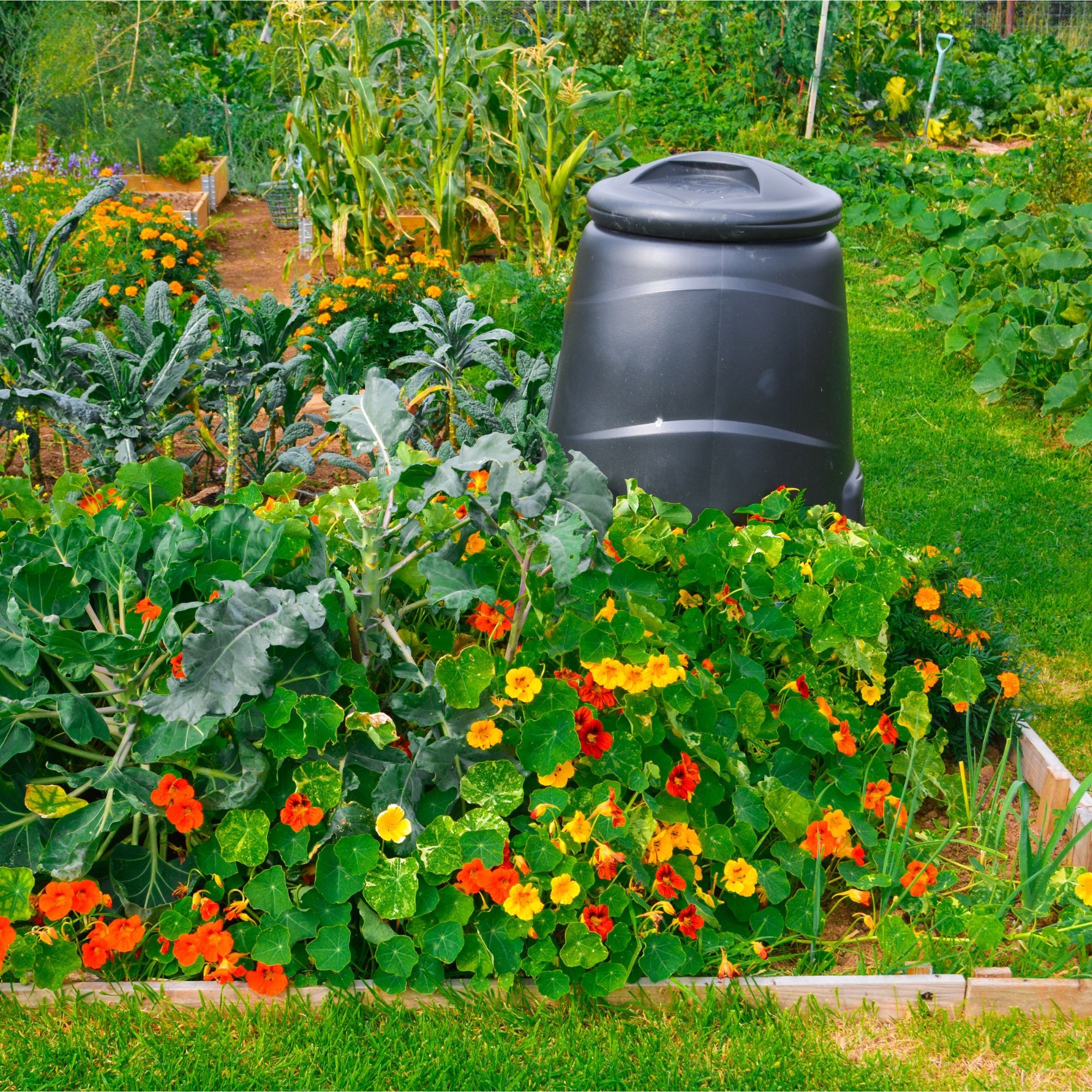

Steve is a passionate and knowledgeable garden expert with several years of experience within the field. As the director of LeisureBench, an industry-leading garden furniture company, Steve has developed strong expertise for all things nature and plants.
2. Weed control
Tea bags are also great at suppressing weeds sprouting in your flower beds. ‘Used tea bags can help suppress weed growth, so just placing a used tea bag where you want to prevent weeds coming through should help,’ Steve says.
If you already have some and are looking for a way how to kill your weeds, then you can make a concoction using tea bags to get rid of them.
‘If you already have visible weeds, you might want to combine your tea bags with vinegar and lemon to create a mixture to pour on the weeds. This is great if you don't want to use chemicals,’ Steve explains.
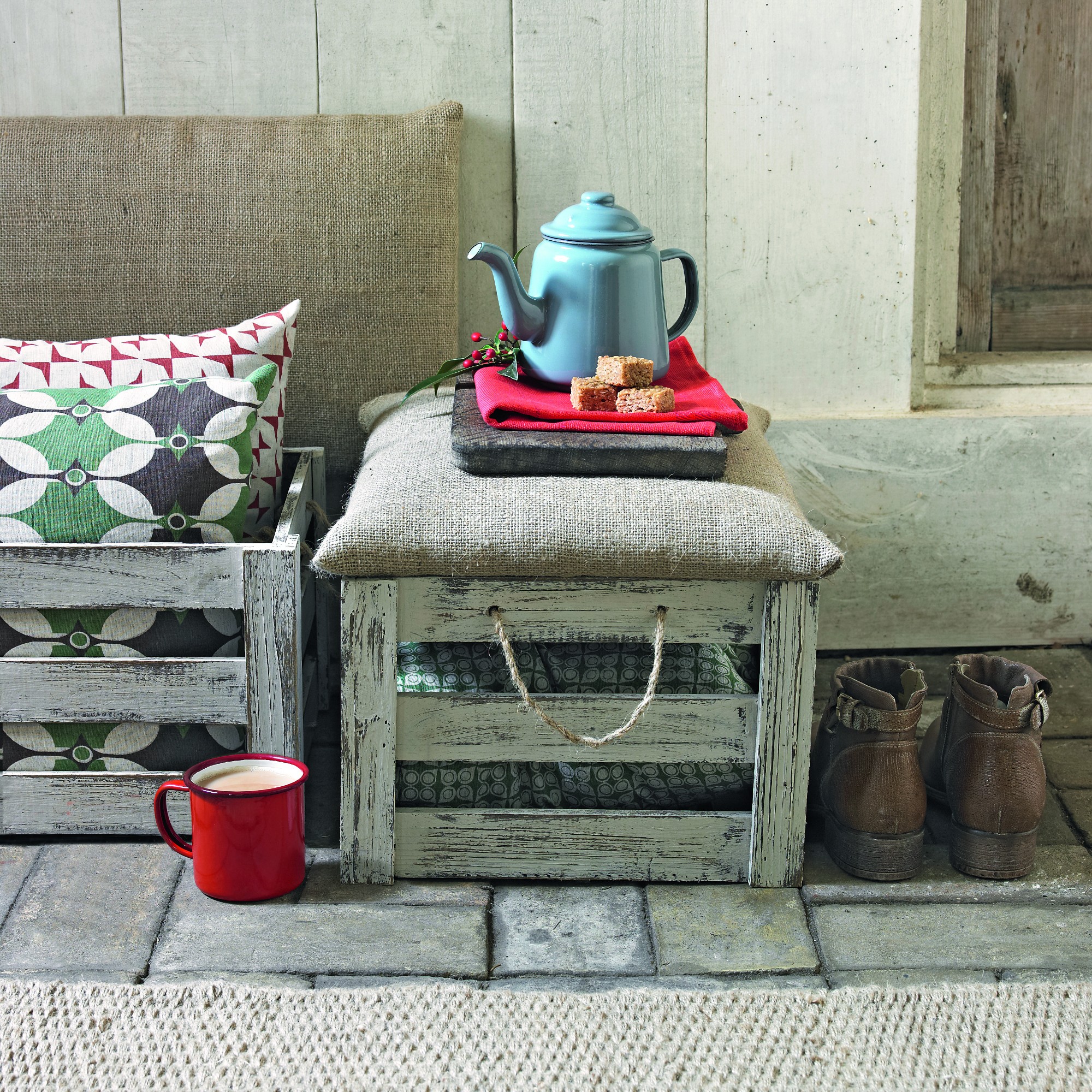
3. Use as seed starters and lawn repair
‘Tea bags can be used as seed starters by placing seeds inside the moist tea bag and placing it in a warm, sunny spot. The tea bag will act as a biodegradable container for the seeds to germinate in,’ Steve says.
This method can also be used to fill out a patchy lawn as Petar explains. ‘You can use used tea bags to improve the appearance of bald lawn spots by seeding them with grass seeds. The seeds will stay in place in the bag unlike when they're put in loose dirt. If you are using tea bags for that purpose, choose biodegradable, non-plastic ones.’
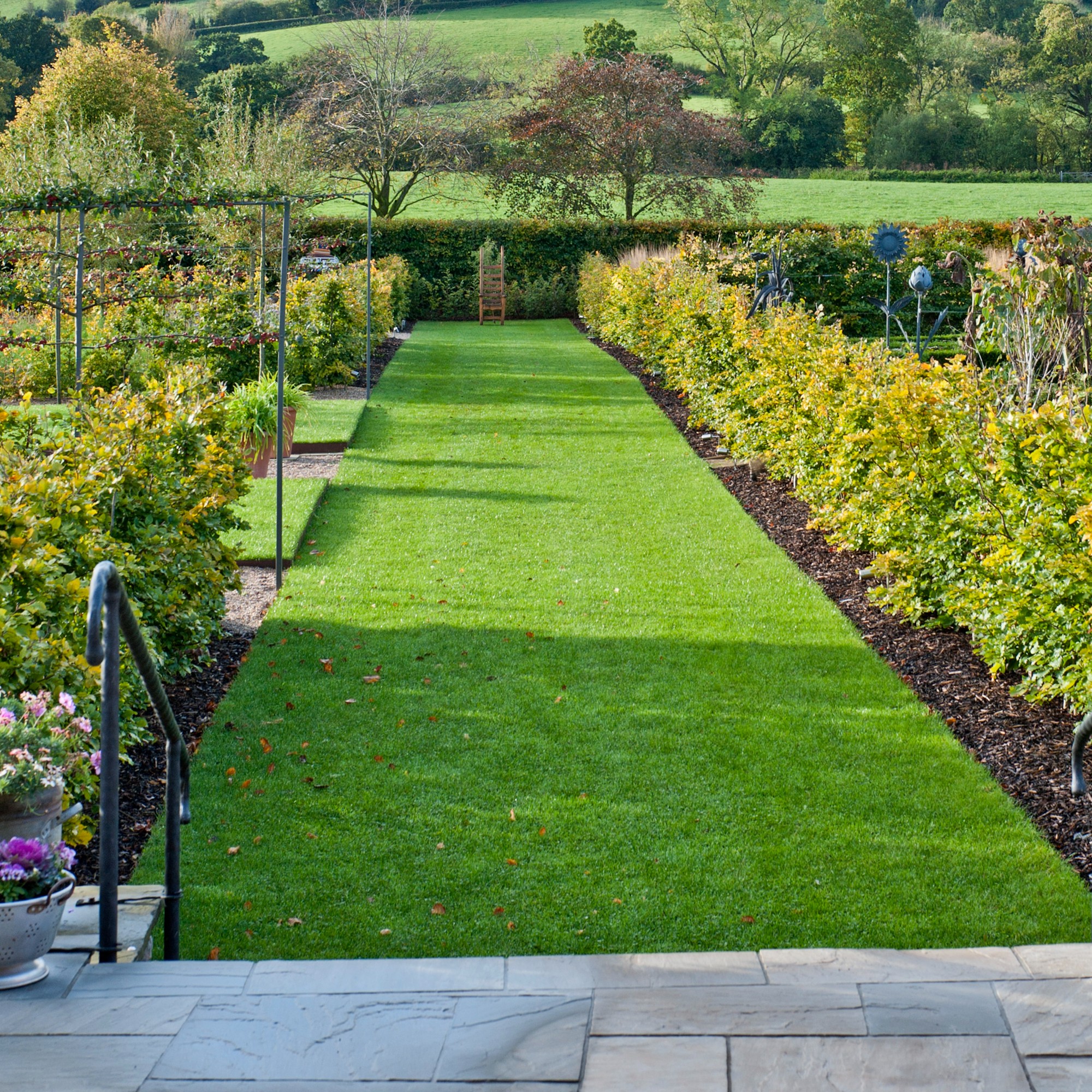
4. Make a natural fertiliser
There are several natural fertilisers made from kitchen waste and other food ingredients that gardeners swear by. And tea is one of them.
‘Tea leaves can be used in gardening because they are organic matter and they can be used in a couple of ways as a fertiliser. You can compost the leaves or mix them with the soil after you tear open the used teabag,’ Petar advises.
Or you can mix your leftover tea with some water and make a liquid fertiliser. ‘All you need to do is soak the used tea bags in water for a couple of days and you've got yourself a homemade liquid fertiliser that's completely natural,’ Steve says.
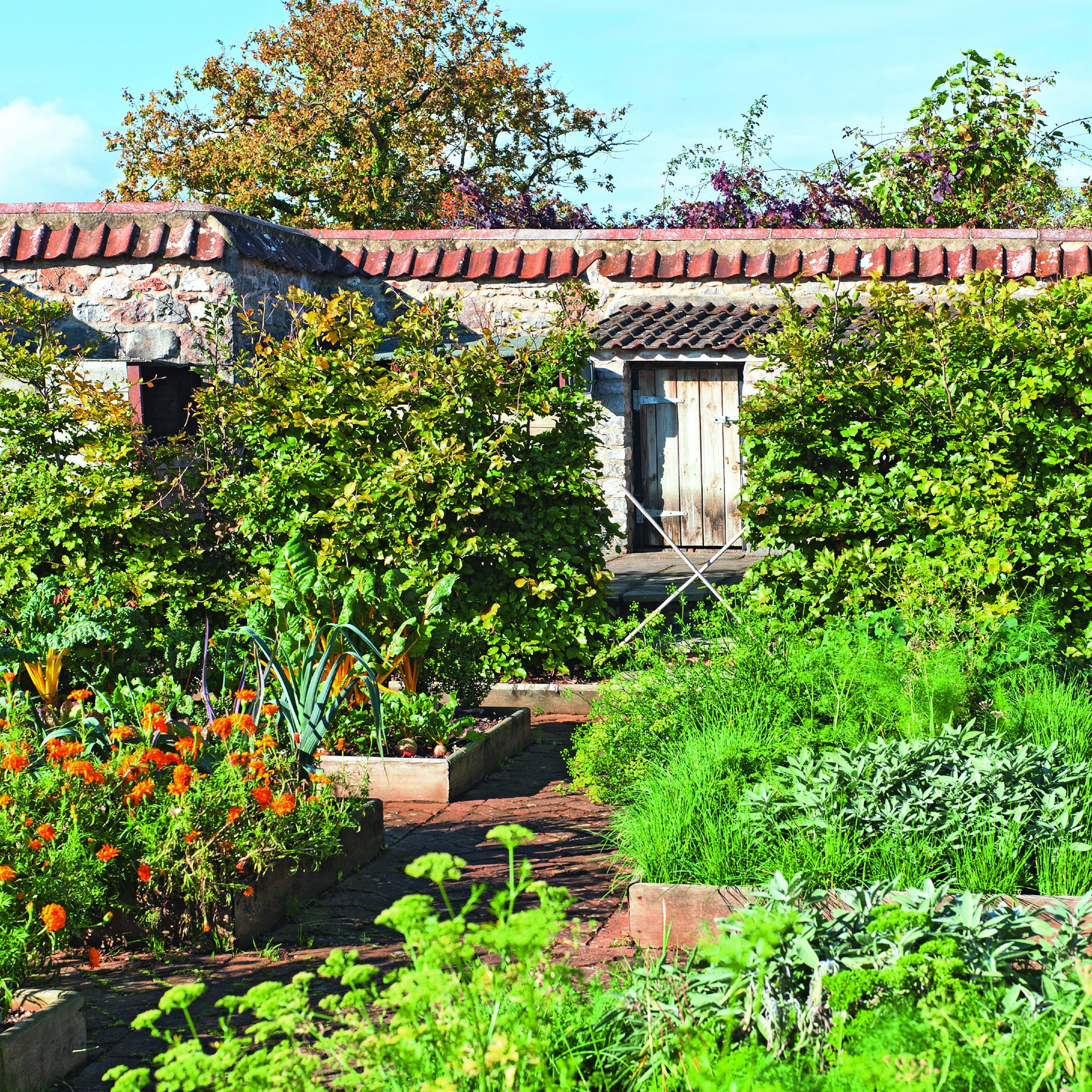
5. Turn into a natural pesticide
Just like coffee grounds, tea bags and tea leaves can also be utilised as a natural pesticide. But it’s one of the less common uses and it requires a lot of trial and error.
‘Open up the tea bag and sprinkle out the tea leaves to naturally aid in the removal of garden slugs and other insects that could be eating away at your plants,’ Steve suggests. ‘Either wet or dry leaves will work, so the tea bag technically doesn't have to be used. I recommend sprinkling the tea leaves onto the soil or around potted plants to create a barrier. You could also place used tea bags around the base of vulnerable plants. This isn't always the most effective method, but is always worth a try when it comes to working out which natural pesticides work best for your garden.’
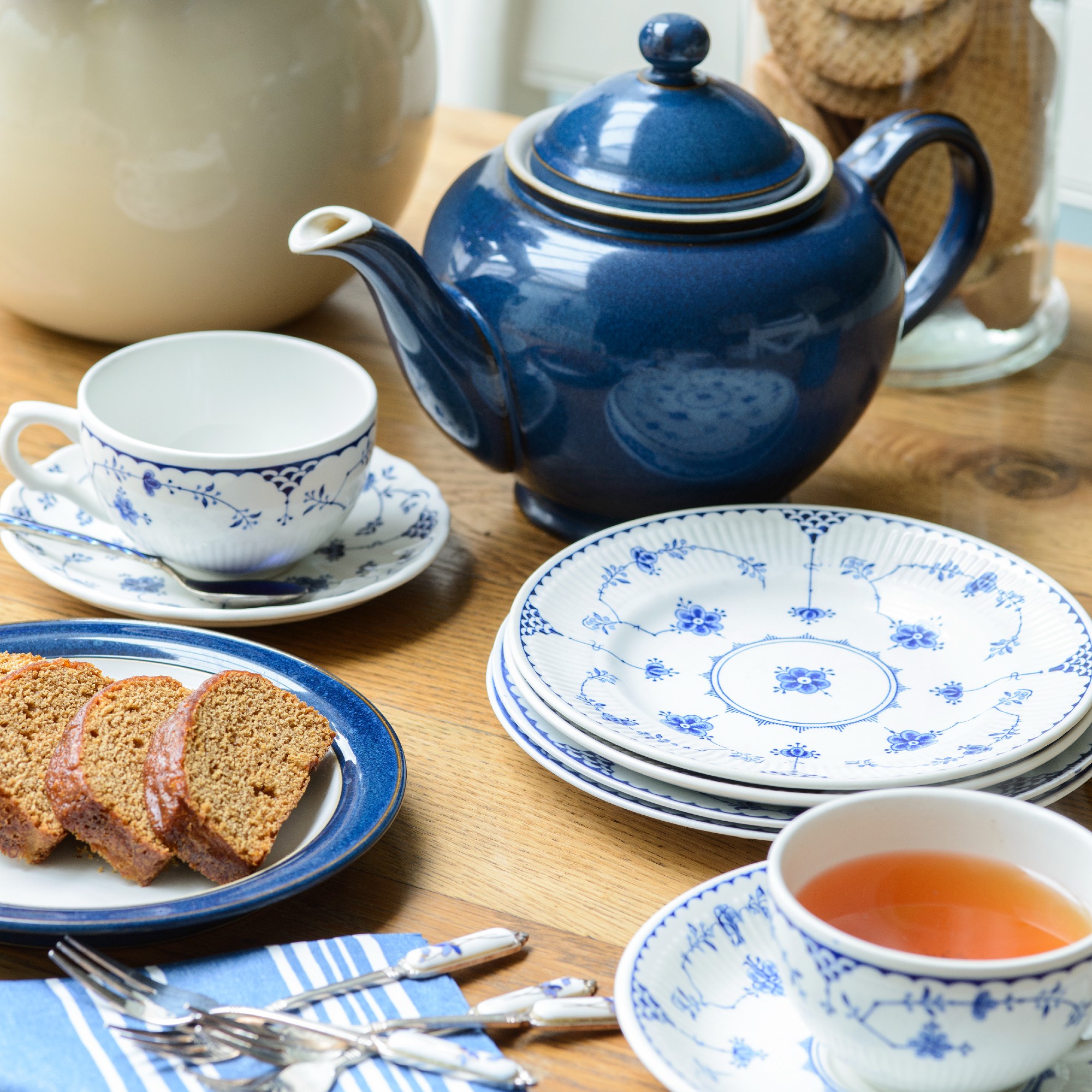
FAQ
What plants can you put used tea bags to?
‘If you have acid-loving plants, such as rose bushes or ferns, it's best to add the teabags to the soil around them and because of the tannic acid in tea, the soil's pH will be lowered and its acidity increased, which will provide the plants with lots of benefits and they'll flourish in neutral to alkaline soils. When the bags decompose, the nutrients in them such as nitrogen will be released and increase the nitrogen concentration in the soil, which is essential for healthy plant growth,’ Petar explains.
So next time you have a cup of tea, save those tea bags for gardening over the weekend instead of heading straight for the bin.

Sara Hesikova has been a Content Editor at Ideal Home since June 2024, starting at the title as a News Writer in July 2023. She is now also the Ideal Home Certified Expert in Training on Furniture, and so far has tested over 150 different sofas.
Graduating from London College of Fashion with a bachelor’s degree in fashion journalism in 2016, she got her start in niche fashion and lifestyle magazines like Glass and Alvar as a writer and editor before making the leap into interiors, working with the likes of 91 Magazine and copywriting for luxury bed linen brand Yves Delorme among others.